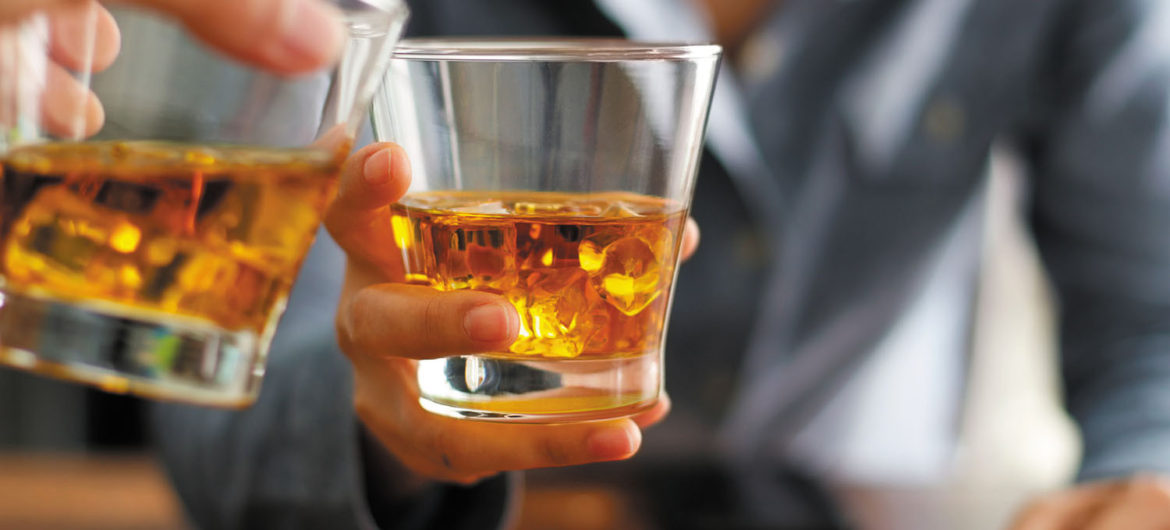Some people are of the opinion that when they drink, they do so to forget their sorrow and things that trouble them. Is that really the case? Scientists have been able to find a connection between depression and those that take alcohol.
If you are already depressed, will you take alcohol to worsen the depression? If you are not depressed, could it lead to depression? Or is it the other way around? Does depression lead to alcoholism?
Some researchers in the Yale University decided to analyze this issue and look for answers to this question and more that are related to alcoholism and depression.
Some studies show that sixteen percent of those that were clinically diagnosed with being depressed were alcoholics, compared to seven percent of the general population.
What does this mean? People that are depressed are more likely to abuse alcohol, and need alcohol rehab.
What Alcohol Does To The Body1
It is not news that alcohol is a depressant. This means that it can affect the mood of the person taking it. It could even affect the brain’s chemistry of the person consuming it.
If you take alcohol, your brain’s chemical signals become blocked. This is why when you continuously drink, you start feeling intoxicated. Before you know it, your reflexes become slow. Your speech turns out to be slurred. You can’t coordinate yourself and you start dealing with memory loss.
Taking a lot of alcohol is not something to be proud of or something to brag about with your friends.
When you consume alcohol, the neurotransmitters in your brain are affected. When this occurs, you start to feel anger, intense impulsiveness, heightened false confidence, and reduced inhibitions. To crown it, you start feeling anxious and depressed.
How alcohol affects you is dependent on your general health, age, the quantity you drank, genetics, when you started drinking in general, and so on.
Conclusion
Alcohol is capable of shrinking your hippocampus, and this could affect your reasoning. Is it worth it? You need alcohol rehab to help.





